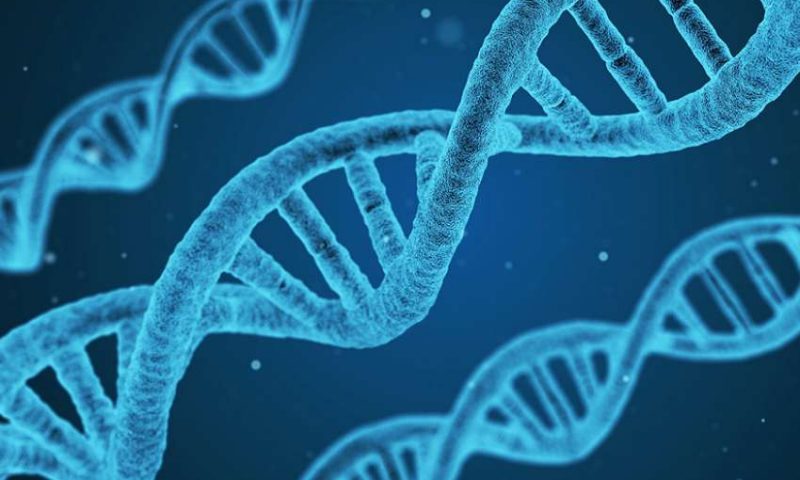New Jersey-based Legend Biotech, a clinical stage oncology biotech company, filed with the U.S. Securities and Exchange Commission on Wednesday to raise up to $100 million in an initial public offering.
The business, which was spun out of GenScript’s cell therapy unit back in 2014, has an extensive pipeline. Its lead candidate, LCAR-B38M/JNJ-4528, is a CAR-T therapy being developed with Janssen Biotech for the treatment of multiple myeloma. Currently, Legend is in the process of enrolling patients for a Phase 2 clinical trial in China and is in a Phase 1b trial in the U.S. and Japan.
On May 13, Legend updated results from the Janssen sponsored Phase Ib/II study evaluating the efficacy of LCAR-B38M/JNJ-4528, titled CARTITUDE-1. The nine-month progression free survival rate was 86% and 22 of 29 patients remained alive and progression free at the time of data cut-off.
“The longer-term results for JNJ-4528, as demonstrated through the latest findings from the CARTITUDE-1 study, show the continued treatment effect for heavily pre-treated patients who faced a poor prognosis,” said Jesus G. Berdeja, M.D., Director of Myeloma Research, Sarah Cannon Research Institute, and principal study investigator. “We’re encouraged by not only the relatively high rate of stringent complete responses, but the strong progression free survival results seen in these patients.”
The most common side effects in patients were neutropenia and cytokine release syndrome. Based on this safety profile, outpatient dosing will be evaluated in future studies.
“We are heartened by the follow-up data from the Phase 1b portion of the CARTITUDE-1 study as they further support the findings from the LEGEND-2 study in China, with both demonstrating deep, durable treatment responses,” said Yuan Xu, PhD, Chief Executive Officer and Board Member of Legend Biotech. “We remain committed to work closely with our strategic partner and key stakeholders to advance JNJ-4528 through clinical development, in line with our mission to deliver innovative cell therapy options to patients living with cancer.”
LCAR-B38M/JNJ-4528 was designed for patients with relapsed or refractory multiple myeloma. Multiple myeloma is an incurable blood cancer that begins at the bone marrow and is characterized by an excessive proliferation of plasma cells. Patients who relapse after treatment with available therapies have poor prognoses and few other treatment options available.
A study published in Cell Death & Differentiation in January took a closer look at how experts may eventually be able to identify therapy combinations that could work more effectively in people with multiple myeloma. Most existing therapies work by activating apoptosis, or programmed cell death, in cancer cells.
Now, researchers are looking into a technique called mass cytometry (CyTOF) to analyze proteins in blood cancer cells to better understand how they respond to anti-cancer medicines. So far, they have found that a protein called MCL-1 is a key factor in determining whether cells live or die when exposed to myeloma medicines, such as dexamethasone or bortezomib.
“Adding mass cytometry to the analysis of clinical studies could reveal why some patients respond to therapies differently from others, and how resistance to anti-cancer medicines can develop in a small fraction of cancer cells,” said Daniel Gray, a Walter and Eliza Hall Institute researcher and associate professor. “Mass cytometry could also identify a small number of proteins that can be used as specific ‘biomarkers’ that can predict a patient’s response to therapy, and be used to match that patient with the most effective treatments. We’ve already started collaborations with our clinical colleagues to investigate this possibility further.”

